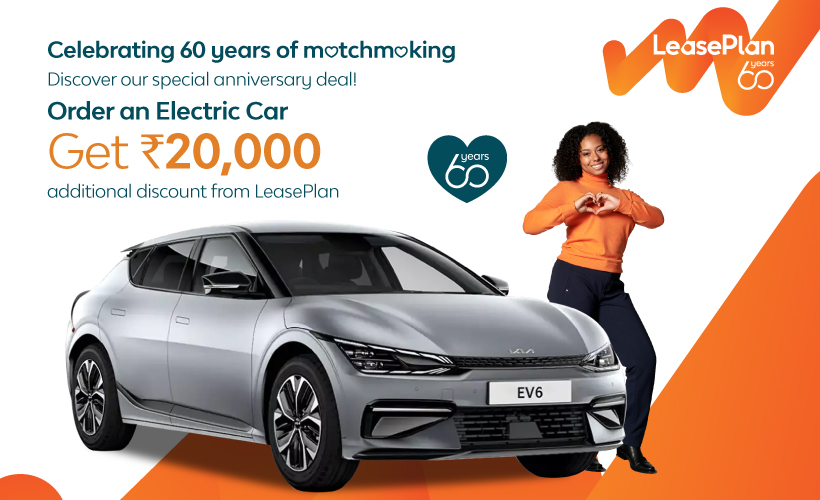Electric vehicles in India have surged in the last five years, but the sector is still at a nascent stage with only a handful of manufacturers in the four wheeler segment offering fully-electric vehicles in their portfolio. Amongst the leaders in the mass segment is Tata Motors, while high-end manufacturers like Audi, BMW and Mercedes-Benz have at least 2-3 pure electric offerings. The good news is that EVs are here to stay and with the Government providing the right impetus, EV adoption is happening at a brisk pace. However, there are challenges that EVs face, and constant development is the need of the hour.
Charging Infrastructure
Unlike conventional ICE vehicles, electric vehicles require a longer time to get a ‘full tank’ of power. Charging EV batteries takes as much as 8 hours on a standard charger, and up to 50 minutes on a DC fast charger. Adding to the problem is the lack of charging infrastructure currently, which makes buying an EV a difficult choice for many, even if they are convinced that it is the way of the future. Range anxiety is a real phenomenon that people have when it comes to considering an electric vehicle, and the only way to do away with it is to have long range EVs and a reliable charging infrastructure.
Manufacturers and charging infrastructure companies are working hard at addressing this issue, and hopefully in the near future, there will be enough charging stations to allow for easy movement of electric vehicles even on interstate routes.
Electricity Supply
Switching to EVs is driven by the need to address environmental issues and to work towards sustainable mobility. Running charging stations on gensets is not the answer, and neither is getting electricity from coal. For electric vehicles to be truly ‘green’, the electricity used to charge them needs to be green as well and the infrastructure to provide such clean electricity is still in the works.
High Costs
The initial cost of owning an electric car is currently higher than that of ICE vehicles and this is the result of the cost of batteries on board. Take for example India’s cheapest electric vehicle, namely the Tata Tiago.ev. It is close to INR 3.00 lakh more than its petrol counterpart. For an entry level car, it is quite out priced from the segment that it caters to. Batteries are heavy as well and this means that manufacturers have to use lightweight materials in the rest of the construction in order to lower vehicle weight and improve efficiency. Such materials cost more than what is used in conventional vehicles.
Manufacturers are working with battery suppliers to lower costs and also exploring new materials that are light, reliable yet cost effective to work with in the construction of the body, cabin and other key parts.
Battery Technology
The lithium-ion battery is the most common and frequently utilised EV energy source. India currently does not manufacture lithium-ion cells and this means that there is an import duty cost associated with this vital component, which in turn exponentially increases the overall vehicle price. With electric vehicles being the way of the future, battery manufacturing will have to be a big part of ‘Make In India’ as it will bring down the cost of the most essential element required for EVs.











